Loading the player...
Therapy Targeting Inducible Nitric Oxide Signaling Shows Promise in TNBC
A phase 1/2 clinical trial published in Science Translational Medicine evaluating an inducible nitric oxide synthase inhibitor (L-NMMA) combined with a taxane had a promising response rate in patients with chemorefractory, locally advanced breast cancer, and metastatic triple-negative breast cancer.
Charles L. Shapiro, MD, Director of Breast Cancer Translational Research and Director of Cancer Survivorship at the Icahn School of Medicine, told MD/ alert that previous research showed the nitric acid synthase pathway and signaling is essential to healthy functions and that inhibiting the pathway was associated with anti-tumor response.
The primary objective of the trial was to assess the maximum tolerated dose of L-NMMA with docetaxel and determine the efficacy of the combination using the Response Evaluation Criteria in Solid Tumors 1.1 guidelines.
Findings showed the overall response rate was 45.8%, with an 81.8% response rate for locally advanced breast cancer and 15.4% for patients with triple-negative breast cancer.
For patients with locally advanced breast cancer, 27.3% had a pathological complete response at surgery.
He said up until recently, the treatment picture for triple-negative breast cancer was "dismal." While more medications are now available, he said this combination could be another option for patients with this challenging condition.
"Only chemotherapy worked. And it didn't work well enough for many people. So with the advent of sacituzumab in the metastatic setting with immunotherapy, pembrolizumab combined with immunotherapy, and patients who have a certain level of PD-L1 expression, improve the outcome. Things are getting brighter. And this is one more step. If it turns out to be replicated in an earlier stage, less heavily pretreated patients, this could turn out to be another option for these triple-negative patients. And the more we understand about the biology of these triple-negative patients, the better it is."
Twenty-one percent of patients enrolled in the trial reported a grade ≥3 toxicity, though the authors said none of the adverse events were attributed to the L-NMMA.
"Patients who were chemotherapy nonresponders showed greater expression of markers associated with M2 macrophage polarization and increased concentrations of circulating IL-6 and IL-10 cytokines," the authors said. "In contrast, chemotherapy responders showed an increased CD15+ neutrophils in blood, as well as a decrease in arginase in tumor biopsies at the end of treatment."
Despite the challenges of treating TNBC, Shapiro said recent developments have led to a considerable amount of optimism for the future of patient care.
"Immunotherapy, that's kind of in its infancy in terms of breast cancer. And the fact that it works in triple-negative subsets is exciting. And there's more to come on that front with a whole host of immune molecules that target immune cells. Sacituzumab, an antibody-drug conjugate, they were on the map five years ago. And this, if it turns out to be, you know, active in a less heavily pretreated patient population in a larger study would be another option. So I think that the environment for triple-negative metastatic disease has gone from dismal to perhaps promising with these agents," Shapiro added.
References:
https://www.science.org/doi/10.1126/scitranslmed.abj5070
Disclosures: Dr. Shapiro declared financial ties to drugmakers. See full study for details.
Images: Getty Images, Pixabay
By Adam Hochron, Staff Writer
.jpg)

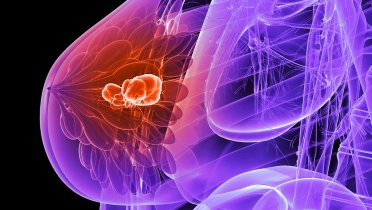
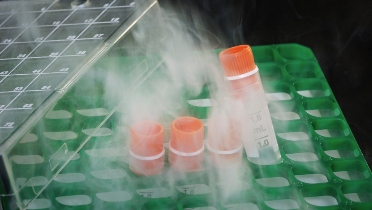

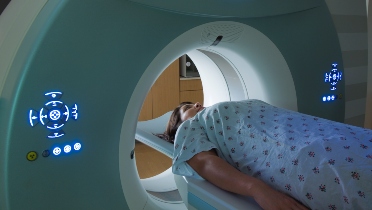


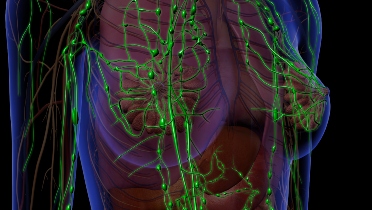




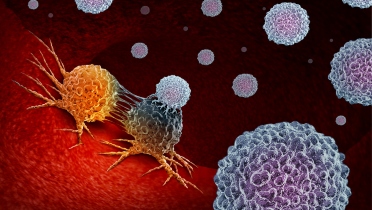

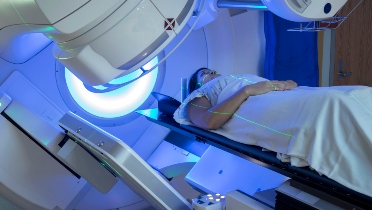
.jpg)
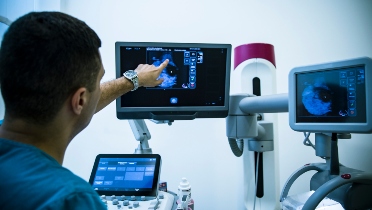
.jpg)
.jpg)
.jpg)

.jpg)
.jpg)
.jpg)
.jpg)
.jpg)
.jpg)
.jpg)
.jpg)
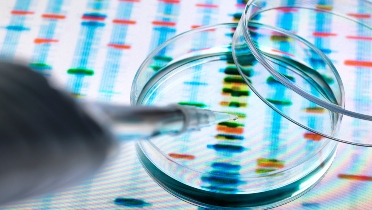
.jpg)
.jpg)

.jpg)
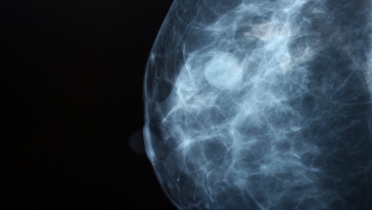
.jpg)
.jpg)
.jpg)

.jpg)

.jpg)
.jpg)
.jpg)
.jpg)

.jpg)
.jpg)
.jpg)
.jpg)
.jpg)
.jpg)
.jpg)
.jpg)
.jpg)
.jpg)


.jpg)
.jpg)
.jpg)

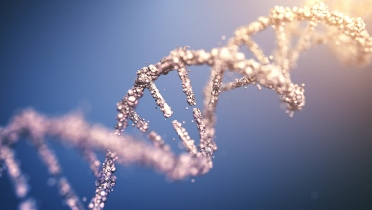
.jpg)

.jpg)
.jpg)
.jpg)

.jpg)
.jpg)
.jpg)
.jpg)
.jpg)
_.jpg)
.jpg)
.jpg)

.jpg)
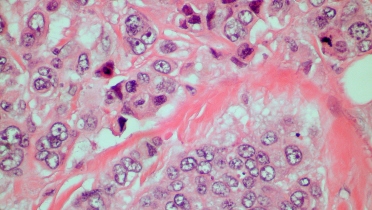

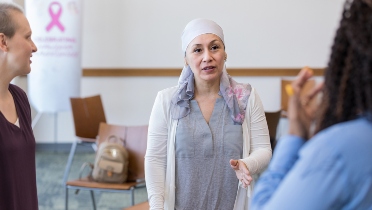
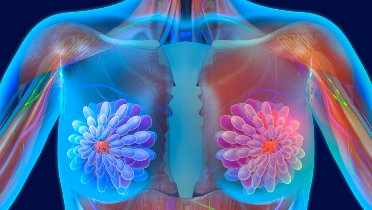

.jpg)
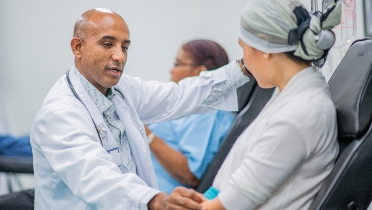
.jpg)
.jpg)
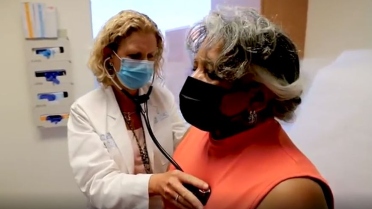
.jpg)
.jpg)
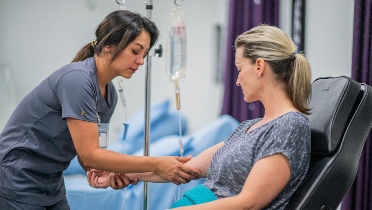
.jpg)
.jpg)
.jpg)
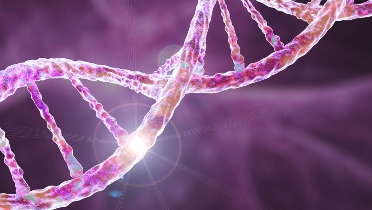
.jpg)
.jpg)
.jpg)
.jpg)
.jpg)
.jpg)
.jpg)
.jpg)
.jpg)
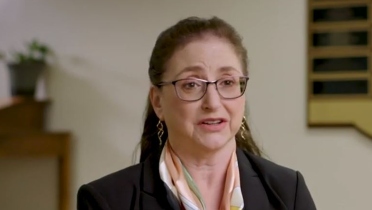
.jpg)
.jpg)


.jpg)

.jpg)


.jpg)
.jpg)
.jpg)
.jpg)
.jpg)
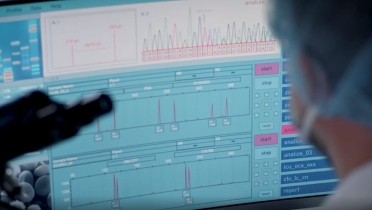
.jpg)

.jpg)
.jpg)
.jpg)
.jpg)
 Featured Breast Cancer Videos
Featured Breast Cancer Videos.jpg)